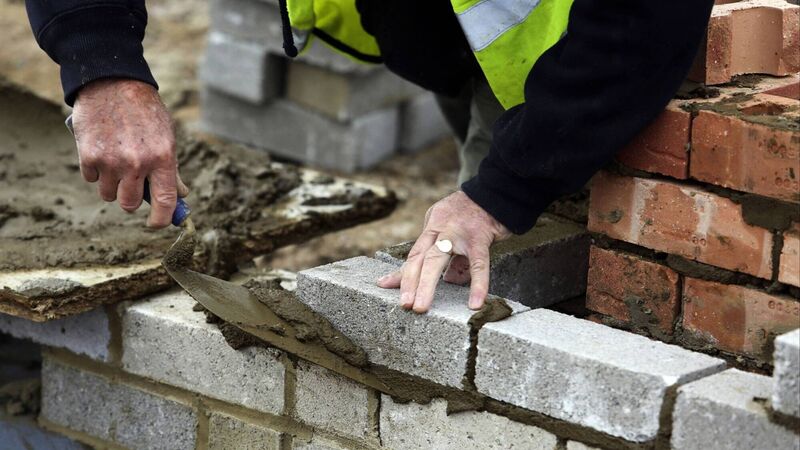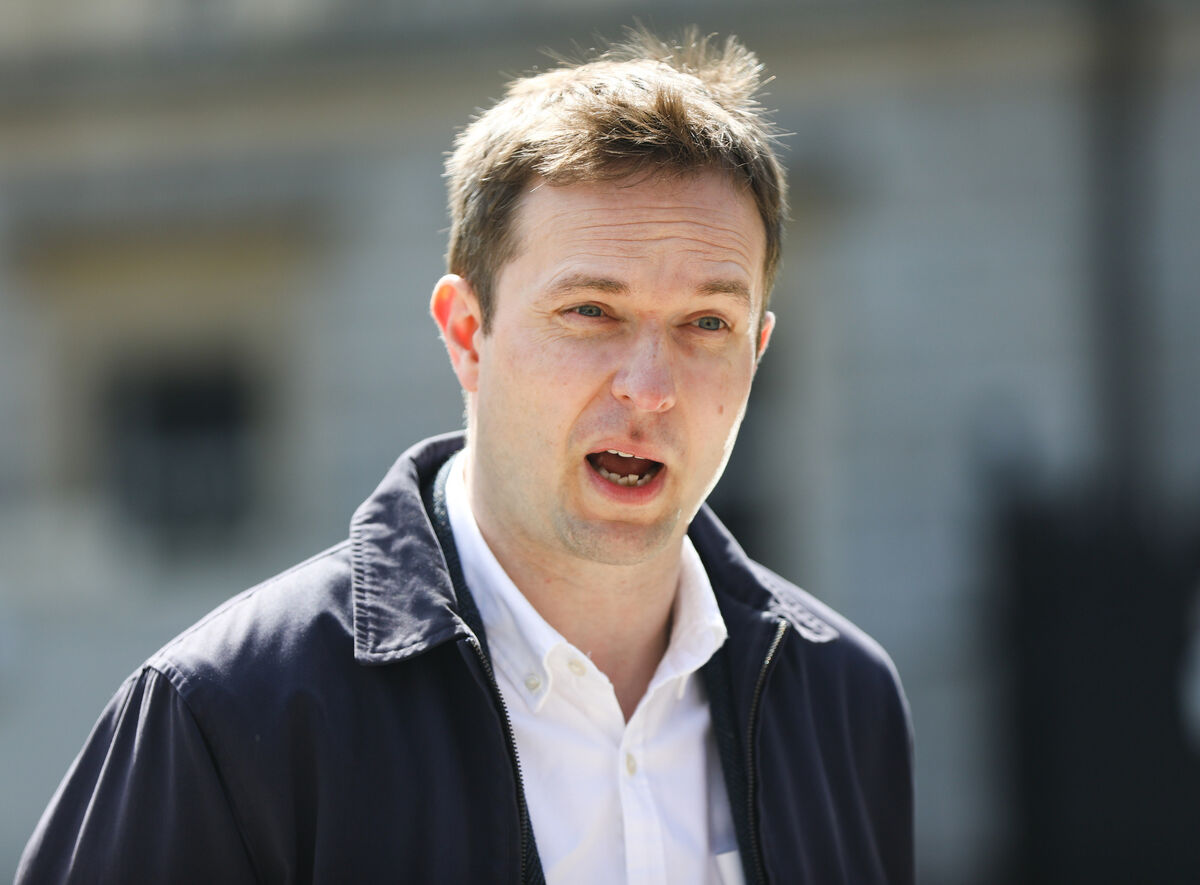Government denies Central Bank claim it will miss its housing targets

The Central Bank estimates, based on information from industry representatives and survey data, there will be 27,500 houses built in 2023, 1,500 below the current 29,000 target. Picture: Chris Ratcliffe/Bloomberg
The Department of Housing has rejected a report from the Central Bank that alleges the Government will miss its housing targets for 2023, 2024 and 2025.
The Central Bank’s Quarterly Economic Bulletin, published today, said housing completions in 2023 will be lower than that of 2022, where there were over 29,000 houses built.
The bank estimates, based on information from industry representatives and survey data, there will be 27,500 houses built in 2023, 1,500 below the current 29,000 target.
For 2024, the Central Bank expects approximately 29,000 homes to be built and in 2025, it expects 30,000.
These are both well below existing Government targets detailed in the Housing for All plan, which seeks to have 33,450 houses built in 2024 and 34,600 in 2025.
A spokesperson for the Department of Housing said: “We are optimistic the number of new homes delivered in 2023 can meet and where possible exceed the target of 29,000.
“Strong commencements over the past six months, allied with the increase in new residential planning permissions in the last quarter, suggest a growing robustness in the construction sector and that the recent significant uplift in new home delivery can be sustained and built upon in 2024 and 2025.”
The spokesperson said 9,900 homes had been commenced between January and April of this year, the highest since records began in 2014.
Housing targets were hit last year with 29,000 houses being completed, exceeding the target of 24,600.
Social Democrats housing spokesperson Cian O’Callaghan labelled the Central Bank report as “very concerning”.
He said that while the Government is adamant it will hit the housing target for 2023, “the evidence is pointing towards that not happening”.

“This is a real warning shot from the Central Bank. The Minister for Housing would be wise to heed it,” Mr O’Callaghan said.
Sinn Féin’s housing spokesperson Eoin Ó Broin called for the Government to increase investment in public and affordable housing to counteract any drop in private development.
“If private sector supply starts to miss its targets, this will have a very significant impact on housing need and the cost of housing for people looking to rent and buy,” Mr Ó Broin said.
“Government must not be a spectator in all of this. They must come up with a credible, counter-cyclical plan with increased levels of investment in public housing, to increase investment in the delivery of social and affordable homes.”





